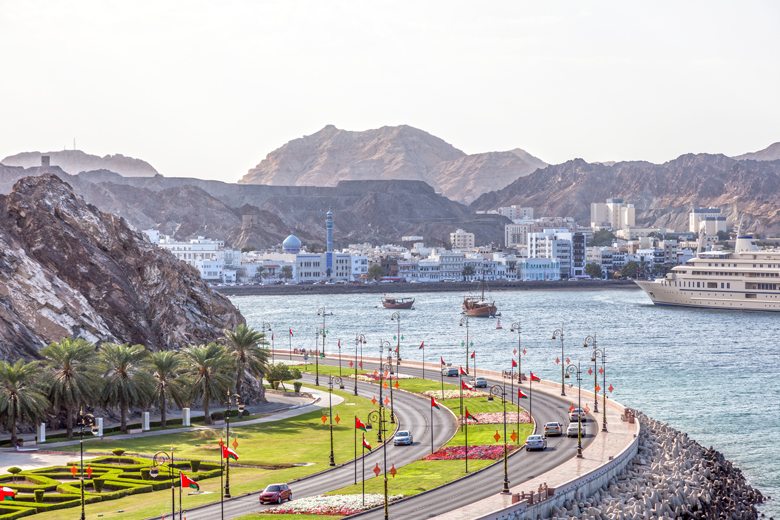

The Washington-based IMF says Oman needs to make substantial efforts to control its deficit as oil prices remain weak and interest payments rise.
“[Efforts to control Oman’s deficit] should be underpinned by further efforts to tackle current spending rigidities - particularly on the wage bill and subsidies - streamline the large public investment programme, and introduce new taxes over the medium term,” says Stéphane Roudet, who headed the Article IV meetings for the IMF with Oman.
The IMF added that the economic reform should be undertaken with caution. “These efforts should be accompanied by social impact analysis and measures to protect vulnerable households. The authorities are encouraged to formulate fiscal policy decisions within a more formal medium-term framework to reduce implementation risks. Strengthening budget planning and expenditure controls would also help reduce budgetary overruns and prevent payment delays,” says Roudet.
Economic reforms and an increase in oil revenues brought Oman’s deficit down to 12.8 per cent of GDP in 2017 from 21 per cent of GDP in 2016.
The government is undertaking further reforms to raise non-hydrocarbon revenue, such as introducing value-added and excise taxes, while at the same time exercise spending restraint. The IMF said this would bring the deficit to below 4 per cent of GDP in the next two years.
Longer term, the deficit could grow. “Notwithstanding commendable progress in advancing fiscal consolidation, the deficit is expected to pick up to about 7 per cent of GDP by 2023, reflecting a gradual decline in the IMF’s oil price assumptions and an increase in interest payments,” says Roudet.
Overall real GDP growth was -0.3 per cent in 2017 due to a -2.8 per cent contraction of oil output due to the implementation of the OPEC+ agreement. Non-hydrocarbon economic growth is estimated to have picked in 2017 to about 2 per cent from 1.5 per cent in 2016.
The IMF says diversification efforts and the planned completion of major infrastructure projects are expected to gradually raise non-hydrocarbon growth to about 4 per cent over the medium term.
You might also like...

TotalEnergies to acquire remaining 50% SapuraOMV stake
26 April 2024

Hyundai E&C breaks ground on Jafurah gas project
26 April 2024

Abu Dhabi signs air taxi deals
26 April 2024

Spanish developer to invest in Saudi housing
26 April 2024
A MEED Subscription...
Subscribe or upgrade your current MEED.com package to support your strategic planning with the MENA region’s best source of business information. Proceed to our online shop below to find out more about the features in each package.



